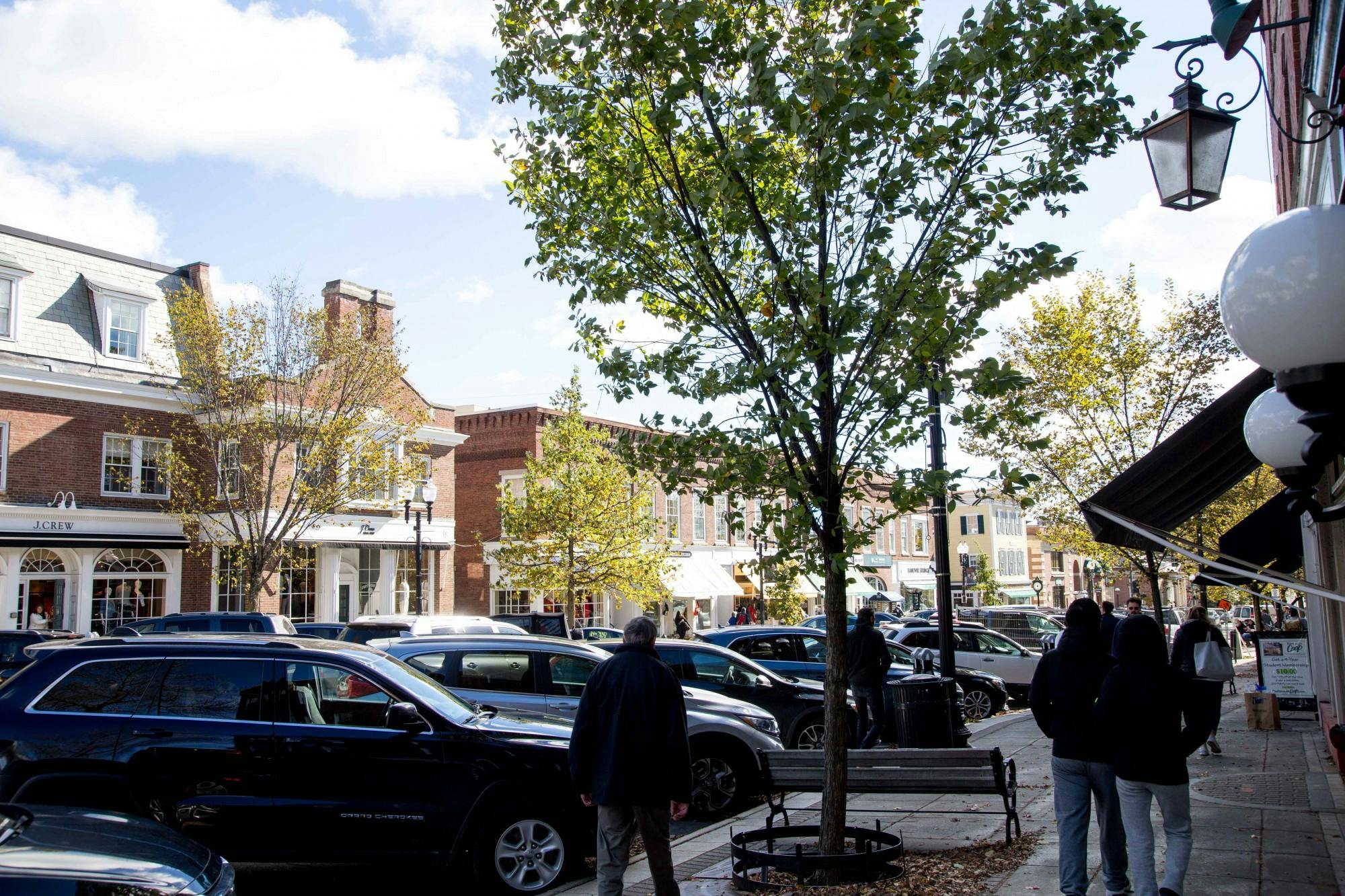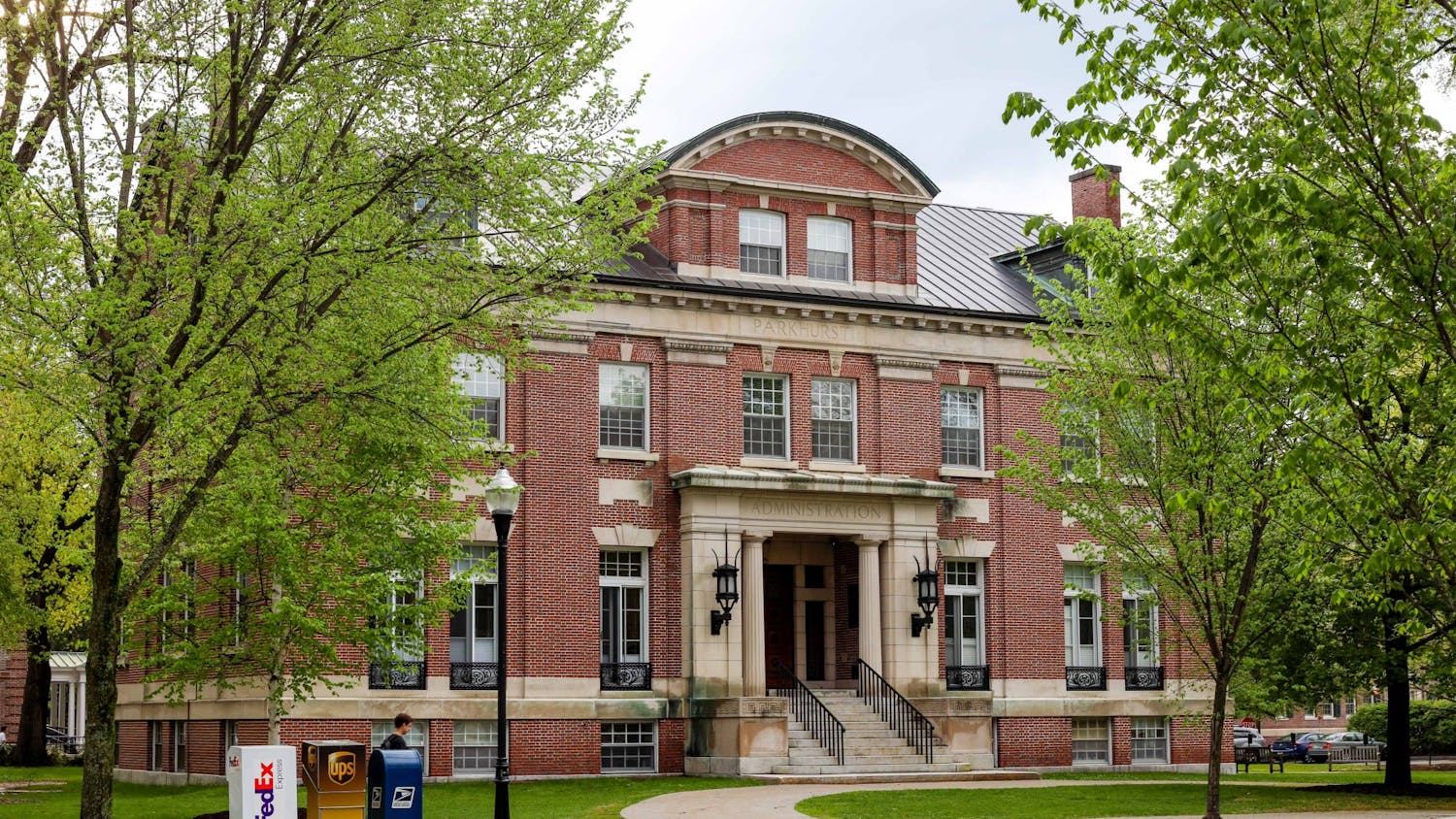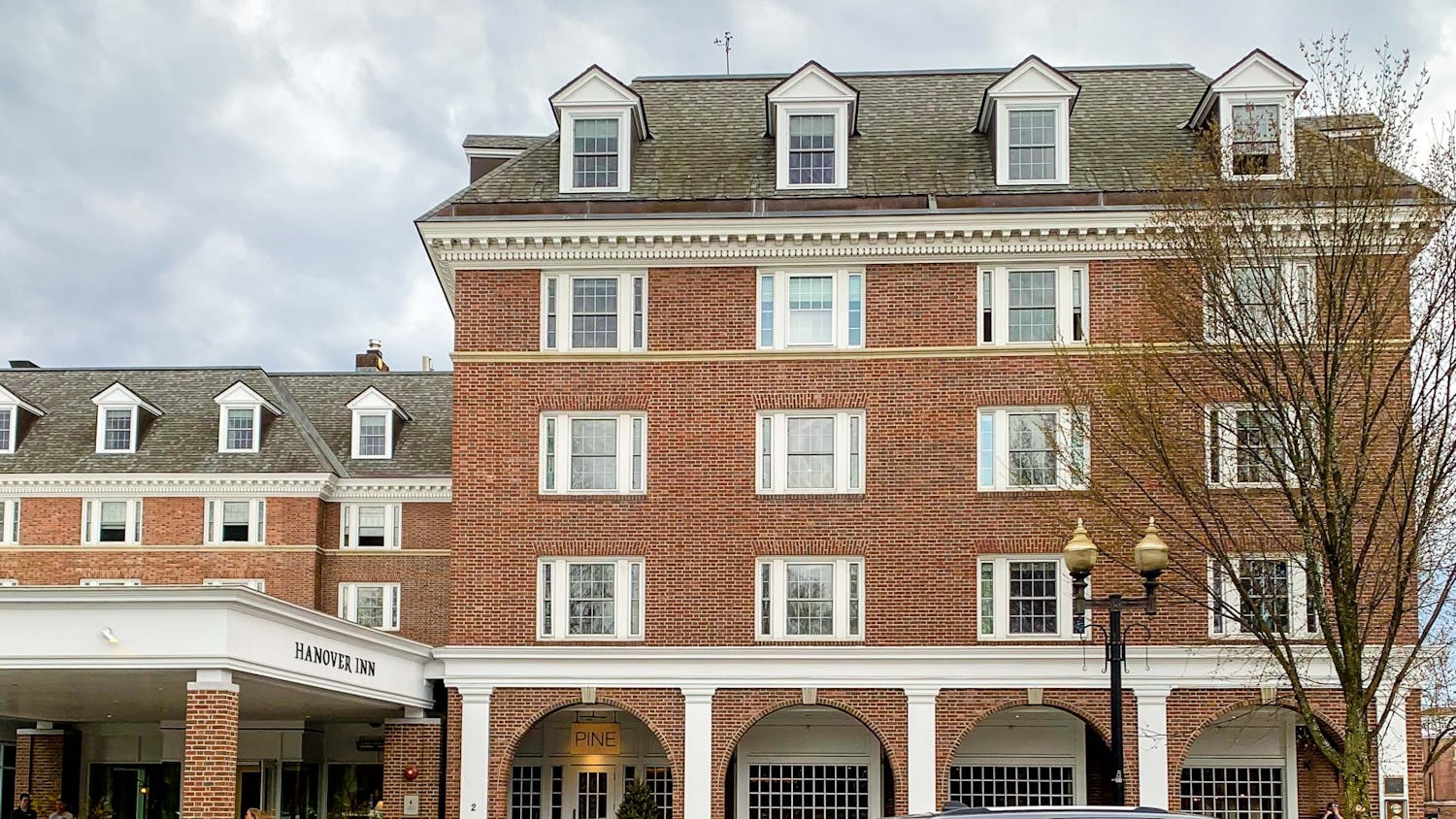Without a single reported case of COVID-19, Hanover’s Kendal Retirement Community has been lucky in avoiding the reach of the pandemic so far. But with thousands of Dartmouth undergraduates soon to be returning to campus from all over the country and world — some likely to be traveling from infection hotspots — the possibility of spread to the town and to other vulnerable Upper Valley communities like Kendal has become a source of uneasiness.
Even as New Hampshire has started taking steps toward reopening its economy and easing lockdown restrictions, older Hanover residents in Kendal have remained under a strict set of protective measures that have included mandatory mask-wearing and off-campus travel restrictions, as well as prohibiting in-person visitations until as late as last week.
Stew Wood ’56, a resident at the home, expressed some ambivalence about the news of Dartmouth’s re-opening.
“Anticipating the return of students is both a plus and, in some sense, raises some anxiety with regard to at least the kind of activities to which I was accustomed to before the virus struck,” Wood said.
Wood normally has the chance to develop a relationship with students through a College scholarship program that his family sponsors, but he said this year, he’s not sure what kind of engagement he’d be willing to sign up for. He also expressed disappointment about not being able to attend athletic events this fall, although he understands why the College made its decision to cancel sporting activities.
Another Kendal resident, Virginia “Ginia” Allison, who serves as a board member of the Dartmouth Club of the Upper Valley, called the College’s decision to bring students back to campus “wonderful” and thinks that the plan “accommodates lots of peoples’ desires and interests,” but expressed a concern about fraternities re-opening and causing a spike in COVID-19 cases.
“The biggest problem, really, I think is going to be social events. There’s where I think the Greek system has to step up to the plate, and it’s not going to be easy,” she said.
Allison’s analogy for students returning to campus is that, just as students must consider the customs of another country when traveling, they should heed the customs and rules of the larger Dartmouth and Upper Valley communities.
On whether students will adhere to public health guidelines, Wood foresees a mixed bag. “My memory of my own college days is still clear enough to know that students press the boundaries under which they are told to live,” Wood said. However, he believes that students’ willingness to abide by the College’s rules will vary based on their personal experiences.
“I think students coming back who have grandparents they’ve witnessed being either touched by the virus, or protected from it in circumstances like we’re in, those students with that kind of background and experience are likely to behave differently from those who have not had that kind of experience.”
Wood thinks that the public health measures that the College has set out so far are all very reasonable, but he can see some students feeling constrained by these rules once they arrive on campus. Others, he thinks, will just be happy to be on campus, and will accept their responsibility to the school and community.
“I trust the student population coming back is going to take this seriously, but I just know, human beings being what they are, at age 86, [some of us] still push boundaries,” added Wood, chuckling.
Allison, who has been in touch with students and has heard about their experiences sheltering at home and taking classes remotely, commended Dartmouth students’ adaptability to accept a difficult situation. In addition, both Wood and Allison complimented the work of the Tuck students behind Hanover Helpers, an organization created by Natalie Triedman Tu’20 that shops for and delivers groceries to seniors and vulnerable individuals in the Upper Valley.
In neighboring Lebanon, city manager Shaun Mulholland said that the city, in anticipation of the students’ return, is taking steps to ensure the safety of both students and of residents. According to Mulholland, one of the steps currently being considered is a Lebanon-wide mask ordinance, which the city will discuss in a meeting on August 5 and bring to a public hearing on the 19th.
Mulholland also added that, while the town remains concerned about students in off-campus housing in Lebanon, the town expects students to “follow the protocol and guidelines put out by all levels of government.”
“If people neglect to [take the appropriate precautions], it will force a potential shutdown of our businesses and the spread and misery of a pandemic throughout the community. We just hope that people act responsibly,” he said.
Lebanon residents Karen and Tom Lanzetta ’74 said that while they are generally quite “conscientious” about COVID-19, they aren’t “deadly concerned” about Dartmouth students returning to campus, although they do plan to adapt the way they interact with the campus. According to Tom Lanzetta, the couple’s main point of contact with Dartmouth students tends to be in Hanover restaurants and the town library, as well as in campus facilities such as the Hopkins Center and the Hood Museum. For now, they will be staying away from these spaces.
“I think we’ll spend less time indoors with students. Outside, we’re totally comfortable,” Karen Lanzetta said.
Citing the current case tallies in New Hampshire, which has recorded roughly 200 cases in the last week, and Grafton County, which has recorded four cases in the same time frame, the Lanzettas said that they “feel ready to move forward.”
Dartmouth faculty members also shared their thoughts on the student return. Dennis Washburn, associate dean of the faculty for interdisciplinary programs, remarked that most faculty remain cautious when deciding how to offer their courses in the fall.
“This is anecdotal, but I’m hearing that a lot of faculty do not wish to meet in person — and it’s not necessarily older faculty. I think faculty across the board are very weary of this,” Washburn said.
He added that some of the faculty members he has talked to also worry about how returning students will affect the Upper Valley community.
At the same time, faculty are balancing the health risks of in-person education with the opportunity costs of teaching remotely.
“It’s complicated because obviously a lot of faculty are concerned about the welfare of the students … and about the orientation of the first years,” Washburn said.
With regards to the rules that the College has published for the fall term thus far, Washburn thinks that students will cooperate.
“I do think that the students will follow the rules,” Washburn said. “But if you look at what’s happening in the country, people have just gone nuts. When they can’t take it anymore, they’re going to bars and going out, and so I think the concern is that at some point a kind of fatigue will set in in the fourth, fifth or sixth week, and then students start to congregate, and all it takes is one contact, and then the campus is in a serious hurt.”
Washburn, whose introductory comparative literature class, COLT 1, “Read the World,” tends to draw first-years, said that he also wants to meet his students, but ultimately decided against it given his personal circumstances.
English professor Nancy Crumbine — who, in an interview with The Dartmouth in March, called her age a “risk factor” — wrote in an email statement to The Dartmouth that she will teach over Zoom this fall. Still, she hopes that when students return to campus, the College will set up outdoor, socially-distanced meeting spaces where she can meet face-to-face with one or two students at a time.
“I would really like to meet all my new students in person, at least once, but I will feel safe only outside,” Crumbine said.
According to German language program director and professor Nicolay Ostrau, while the plan in the German studies department is to teach all classes remotely, there will also be opportunities for students to meet with instructors individually: some professors are planning to hold socially-distanced office hours outside or in a cafe. However, he also added that professors will have to navigate a mandate to offer “equal content” to all students, a task he felt would be difficult given that not all undergraduates will be on campus.
Washburn thinks that overall the plan the College has laid out is as good as it can be, although he said that there will always be some uncertainty.
“It’s going to take extraordinary efforts by the College to make sure that we keep everyone — students and faculty and staff — healthy,” Washburn said. “And it goes beyond that: it goes to the town itself, it goes to the communities at Kendal and it goes to the Upper Valley as a whole.”





